If you have had a cat for any length of time, you have most likely experienced it. You are sound asleep when you are jolted awake by the sound of your cat hacking, gagging and retching. You know when you turn on the light you will be greeted by the sight of a hairball.
Hairballs are the by-product of your cat doing what it does naturally – grooming.
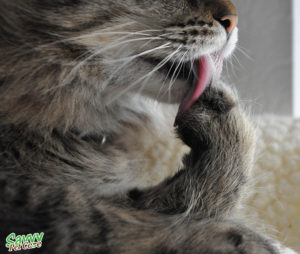
The tiny backward-slanted projections on their rough tongue send the hair down their throat into their stomach
When cats groom, the tiny backward-slanted projections on their rough tongue send the hair down their throat into their stomach. Most of the hair passes undigested through the digestive tract in the feces, but some stays behind in the stomach and eventually forms a hairball.
An occasional hairball, once every week or two, is nothing to worry about. If your cat is refusing to eat, lethargic or has repeated episodes of unproductive retching, you should consult your veterinarian as these could be signs of something more serious.
Hairballs, a by-product of what your cat does naturally. When they groom, they ingest loose hair. Share on X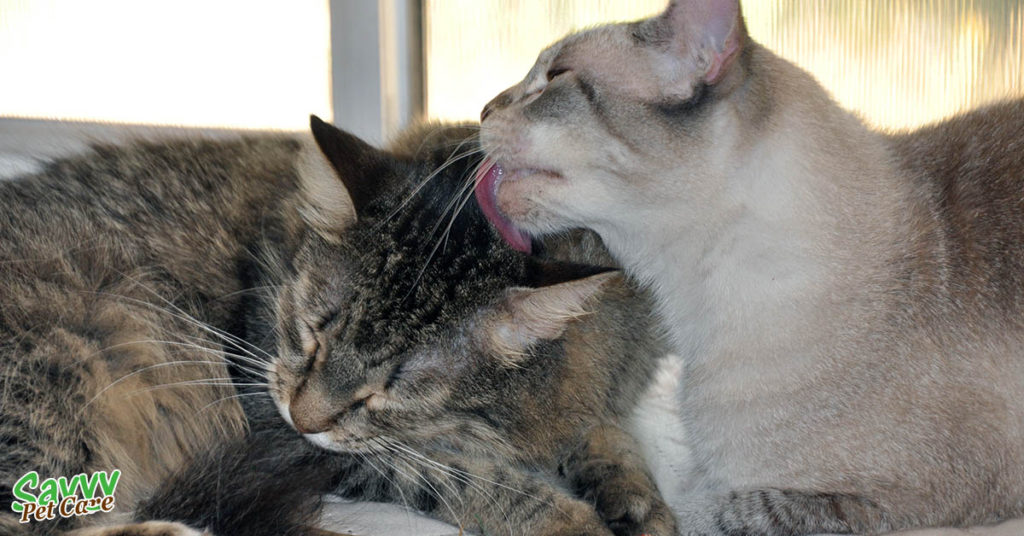
Some cats, like Ocean, feel the need to groom every cat in the house, making them even more susceptible to hairballs
The Best Ways to Prevent or Reduce Hairballs in Cats
Make Sure Your Cat is Getting Enough Moisture
If your cat is eating an all-dry diet, she is not getting enough water. Since cats get most of their water from their food, your cat is living in a constant state of dehydration and her digestive system is working harder than it should to process all that dry stuff. Her GI tract is less able to move the fur and other debris through than a well-hydrated cat. Consider feeding your cat a more species appropriate diet.
Add Omega-3s to Your Cat’s Diet
Essential fatty acids, especially omega-3s, is a commonly seen nutritional deficiency in cats. Commercial pet food often provides more omega-6 than they need and not enough omega-3. A healty balance of fatty acids will not only improve your cat’s coat and skin, but it will help her digestive system deal with the hair and other debris she swallows. Krill oil is the optimum source of omega-3.
Brush Your Cats Often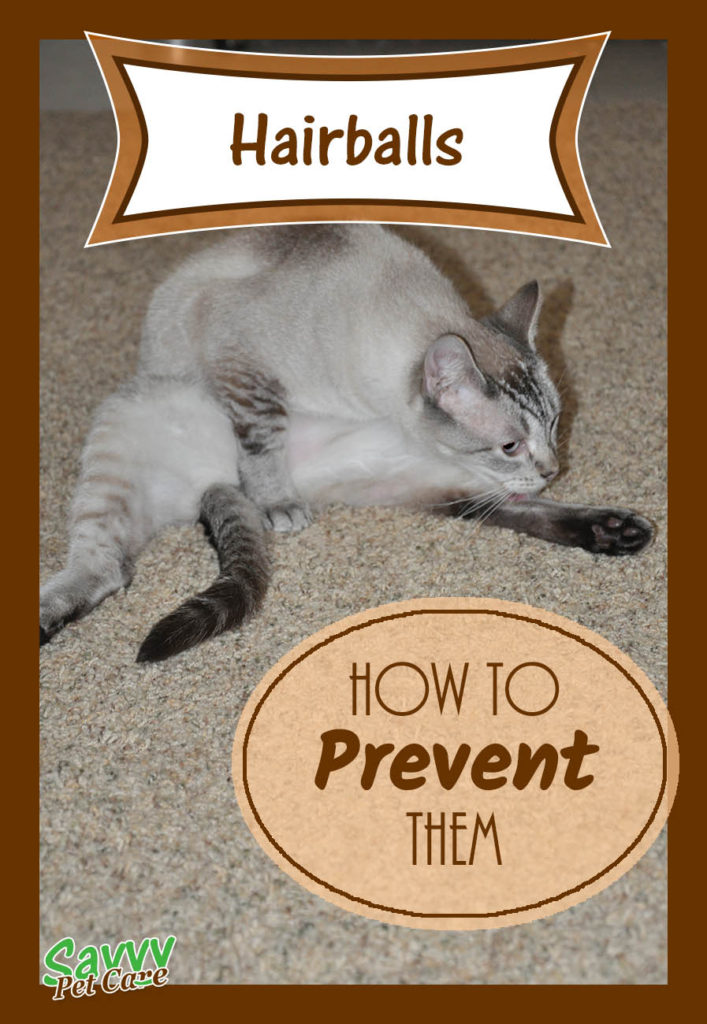
Removing the hair before it is ingested is the best prevention of hairballs. Brush your cats at least once a week and more during shedding season, even daily. The more you brush the less time it will take each time making it more tolerable for your cat. Some cats are not fond of brushing. As with most things, the younger you start brushing your cat the better. If you have a long-haired cat, tangles can be an issue but if you brush often, these should be eliminated.
I have three cats and each takes to brushing differently. Ocean tolerates it but swishes his tail the entire time. Christy enjoys it and lays patiently while I maneuver her around to get the best angles. Echo, when he sees me brushing one of the others, comes and begs me to brush him and tries to take over the grooming spot.
The added benefit of brushing, besides preventing hairballs, is that you will have less hair floating around your house to vacuum up. Speaking of vacuuming, be sure to keep string, thread, and other materials off the floor that could become dangerous if swallowed and entwined in a hairball. I have to be especially careful of this with Echo — he is a string chewer.
Choosing a Brush or Comb
There are many types of brushes and combs on the market. You should use whatever works best for you and your cat. Some prefer one over the other. Combing is more efficient at removing loose hair but brushing is usually more soothing. When you are finished brushing or combing, rub a damp paper towel over your cat to pick up any remaining loose hair.
What I Use
When I discovered FURminator deShedding Tools a few years ago, I got rid of all my other combs and brushes. I had heard how great they were but the price kept me from getting one for a long time because I wondered if they were really worth it. I finally got one on sale and haven’t used anything else since.
FURminator claims to reduce shedding by 90% and I believe it. Your cat ingests less hair, reducing the chance of hairballs significantly. It also stimulates your pet’s natural oil production, which protects the skin and promotes healthy, shiny coats. And less loose hair means a reduction in airborne allergens.
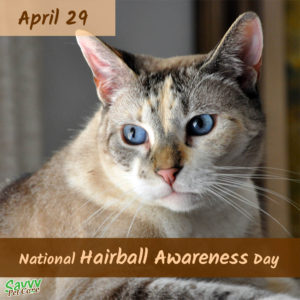 To celebrate Hairball Awareness Day on April 29th, I’m hosting a giveaway for a FURminator. I have not been compensated for this post in any way. I just love FURminator and want to share one with one of my readers. The FURminator in the giveaway is designated for long hair; however, I have both long and short-haired cats and use the long-haired version on both. It works great!
To celebrate Hairball Awareness Day on April 29th, I’m hosting a giveaway for a FURminator. I have not been compensated for this post in any way. I just love FURminator and want to share one with one of my readers. The FURminator in the giveaway is designated for long hair; however, I have both long and short-haired cats and use the long-haired version on both. It works great!
The giveaway will end May 2, 2016 at 12:00 am. The giveaway is limited to U.S. residents only who are 18+ years old. The winner will be contacted by email to confirm shipping address. Winner will have 48 hours to respond before an alternate winner is chosen. Good luck!
If you can’t wait to see if you win, you can purchase a FURminator now! For more pet care tips, subscribe to my newsletter.





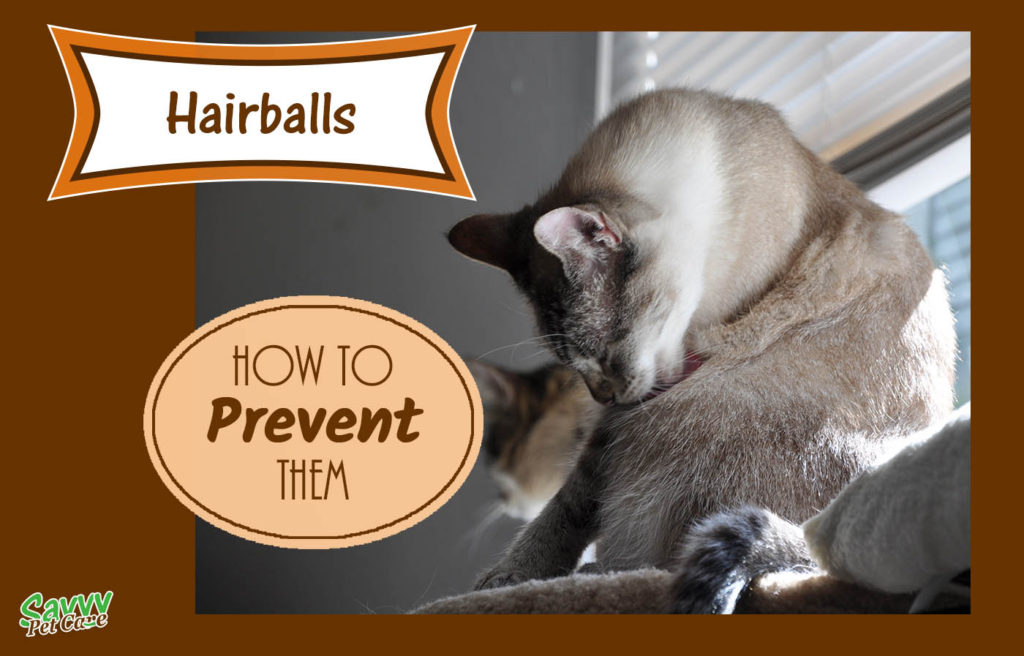

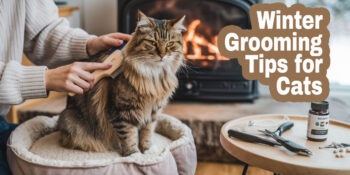
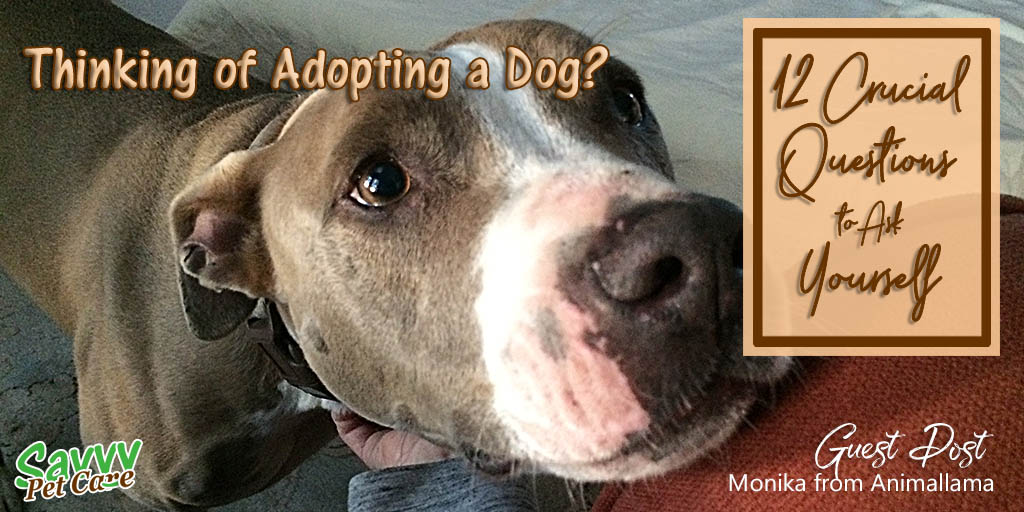

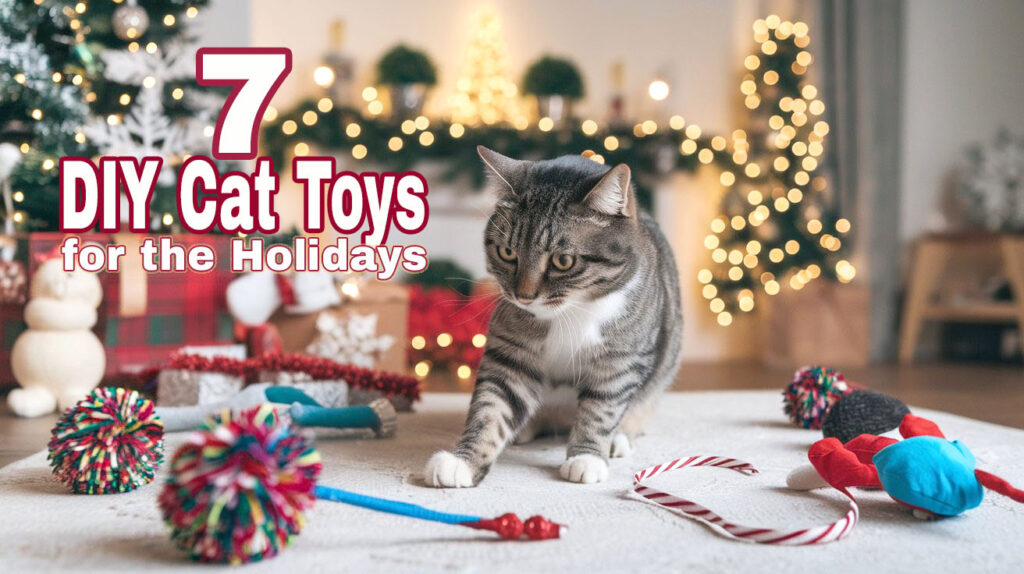

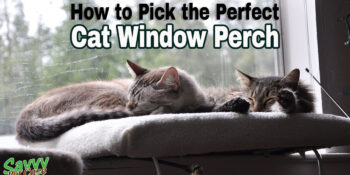

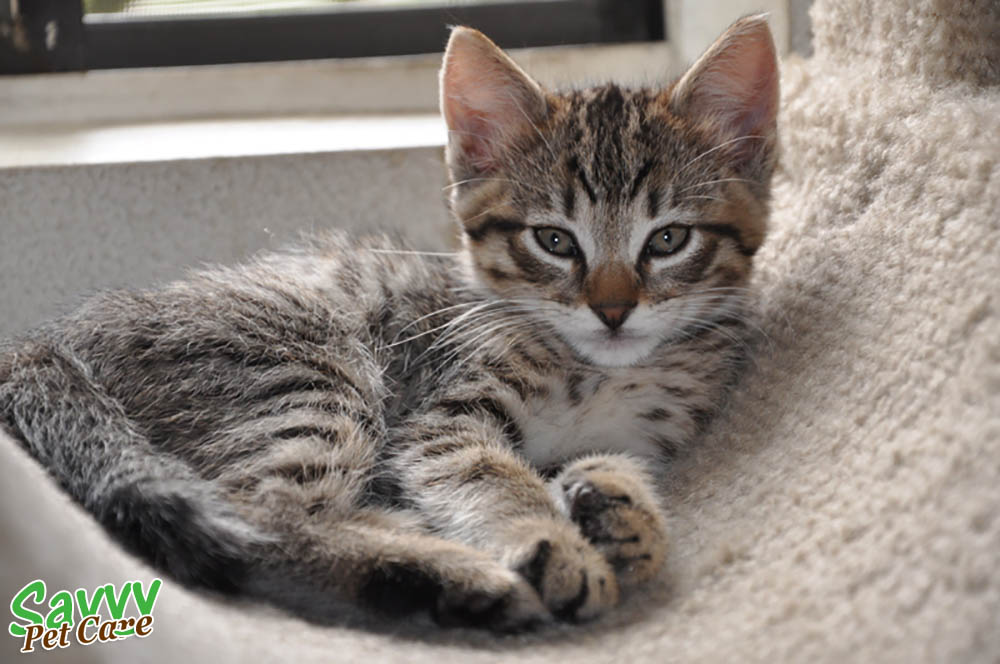

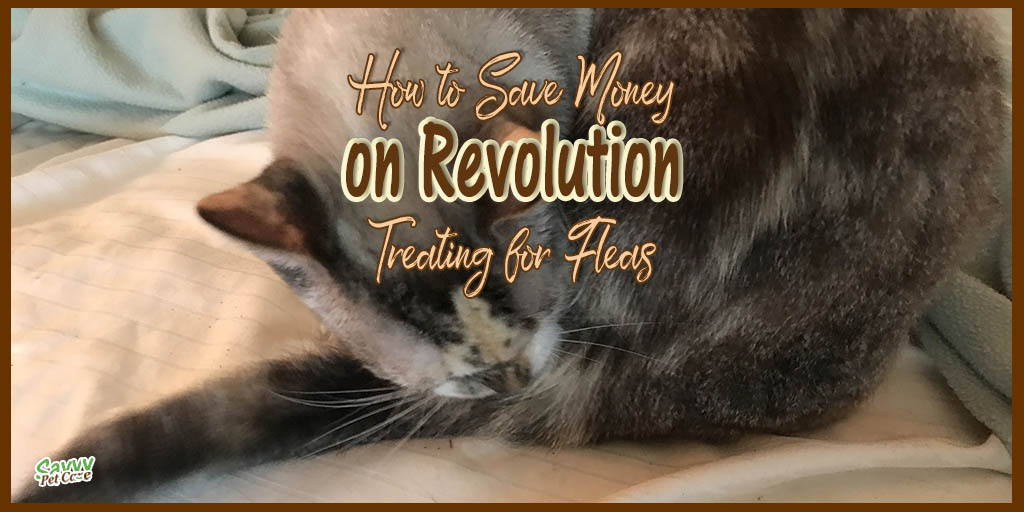

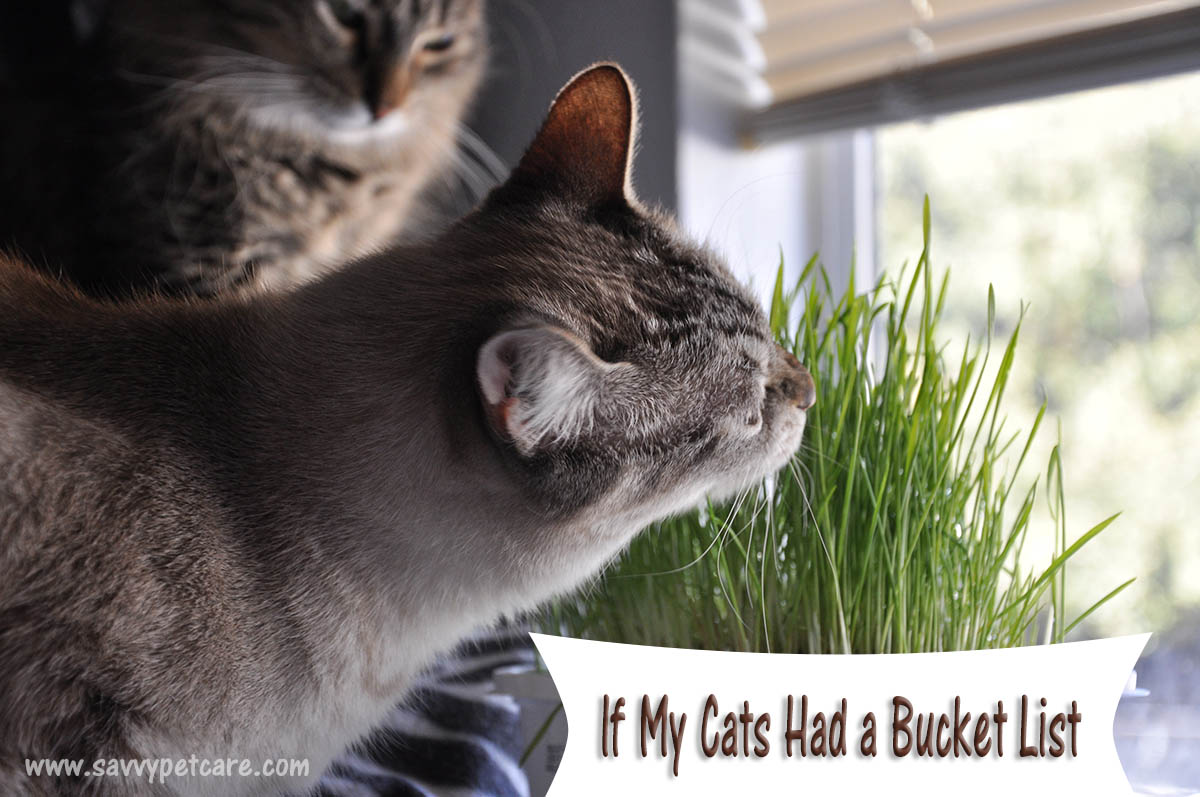


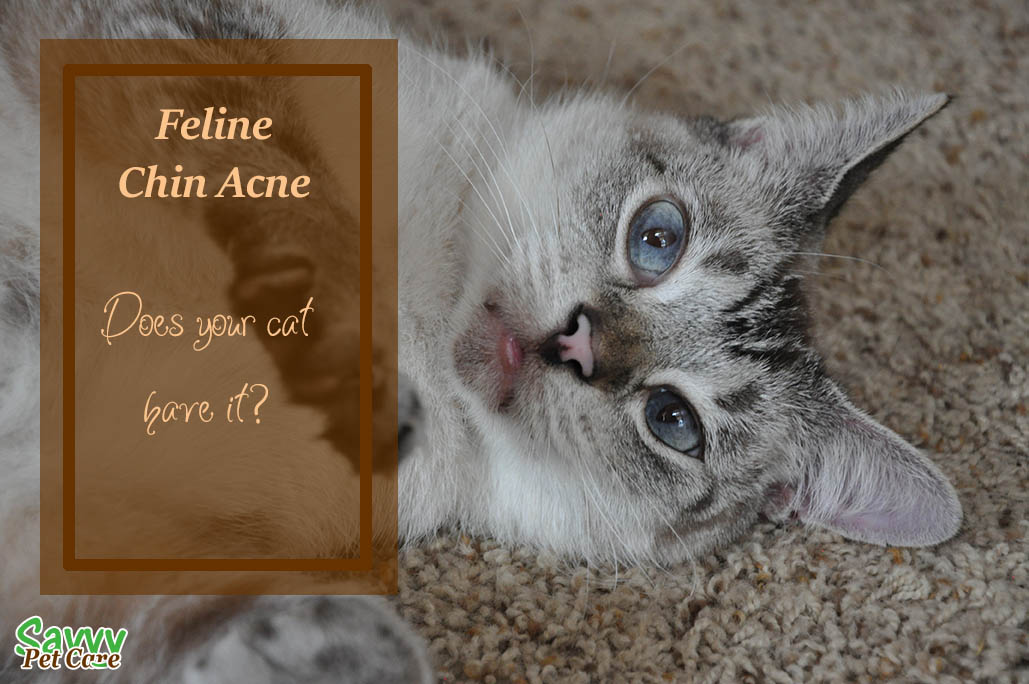



Haha, my cats WON’T let me brush them. And I don’t want to lose a finger! What is a woman to do? 🙂
I brush my cat less than I should…. >.<
I have three cats. I brush two of them once a week and I brush my long hair every night.
We have one cat that has such issues with hairballs. I just may consider a FURminator after reading all the reviews. Thanks!
I won’t enter because I already have a FURminator! But I endorse this because they are REALLY helpful in reducing those hairballs. We love ours!
I have a long-haired cat and try to brush her every day or two. Every now and then she chucks up a firball though.
Awesome info!! Thanks!
Thankfully my gang doesn’t throw up hairballs very often at all. But I have been wanting to get a FURminator to help with the shedding. I find tumble-weeds of cat hair around the house ALL the time – lol. However, the price has always deterred me from buying one. I’d love to win one! Thanks, Ava!
I really wish my kitties liked being brushed. Jewel *loved* it, but Carmine and Milita try to bite the brush whenever I brush them.
I can’t really use the FURminator on Truffle and Brulee because their fur is so thick and long. I do use it behind their ears and under their arms to work on small knots beginning to form. It’s very important to keep them groomed regularly to help with the hairballs.
Great post! This is very helpful for sure 🙂
I am a big time fan of Furminator; I know cats have their hair ball issues and so many dogs do, too. Cockers love to groom themselves I swear.
Thankfully we haven’t had furball issues with Ricky. Maybe that’s because we use the furminator! We’re entering for the chance to win a furminator for the shelter I volunteer at – thank you.
Our cat isn’t a big fan of being brushed, but he definitely needs to be. A Furminator would be great for him.
Hairball prevention is so important – we didn’t know how much until our neighbor kitty got all sick and ended up in the vets office! Thank you!
Great information about fur ball. I’m not a car owner so I found it really interesting! I’m glad the furminator works so well for you.
That’s a great idea about the damp paper towel after grooming. I really wish the kitties here didn’t mind oil added to their food.
We’ve always wanted a Furnimator. Thanks so much for the opportunity!
It’s great to find a tool that works! I have one crazy shedding foster GSD here and wonder how different can this be to a rake?
I love the Furminator. I have one for Mary and really should get one for the cats, they work so well. I also have three cats and they all take to brushing in different ways.
We woulds love to haz a furminator!
-Toby, Uncle Mike’s Cat who loves brushing.
Nala got a few but we brushed her a lot – I would have liked a FURminator
Great tips! Just Pinned! 🙂
i dont have cats, only dogs, entering to donate to the pet food bank at safe haven cat shelter and clinic. i think i would brush my cat everyday because of the hair.
Hairballs can be such a pain! I always feel so bad for my cats when I see them pushing those out. We have a FURminator deShedding Tool and my cats love it. I brush Cinco with it all the time (he has claimed it for himself MOL). Manna gets brushed probably once or twice per month.
I didn’t know Omega 3s would make a difference! great article.
All our kitties are medium-long haired but thankfully we don’t have too many hairballs. I groom them regularly and they enjoy pumpkin as part of their diet.
There is nothing like the sound of a cat gagging up a fur ball or a dog getting ready to vomit to make you shoot up from a dead sleep 😉 I have a FURminator for my dogs and I can’t imagine life without it! Is there a different version for cats than dogs?
Dogs can get hairballs too… I didn’t know until our foster dog coughed up some hair!
I hadn’t really thought about that either but it makes sense.
I brush my cat daily. It helps reduce on shedding and my cat loves the bonding time! Our brush is old so this would be a great prize!
My goal is to brush daily but it doesn’t always happen! Good luck in the giveaway!
Great PSA info post for cat parents!
We definitely need to be better about brushing our cats, although only one has ever had hairballs. And luckily she’s the one who likes brushing the most. The Furminator sounds wonderful and I know people who swear by it!
Although I don’t like hairballs, I almost like better how much less hair is left around the house with regular brushing.
I love my Furminator, and have one for the cats and also one for my German Shepherd. They help enormously this time of year with the shedding and *urk* hairballs!
Glad to hear you have and use your FURminators. They are great tools.